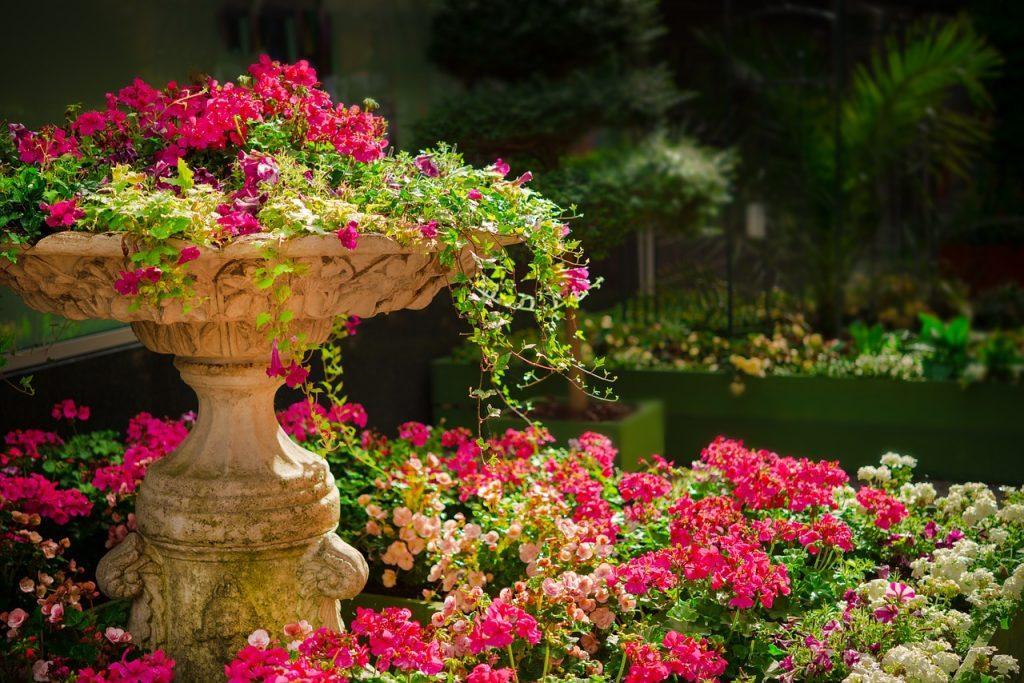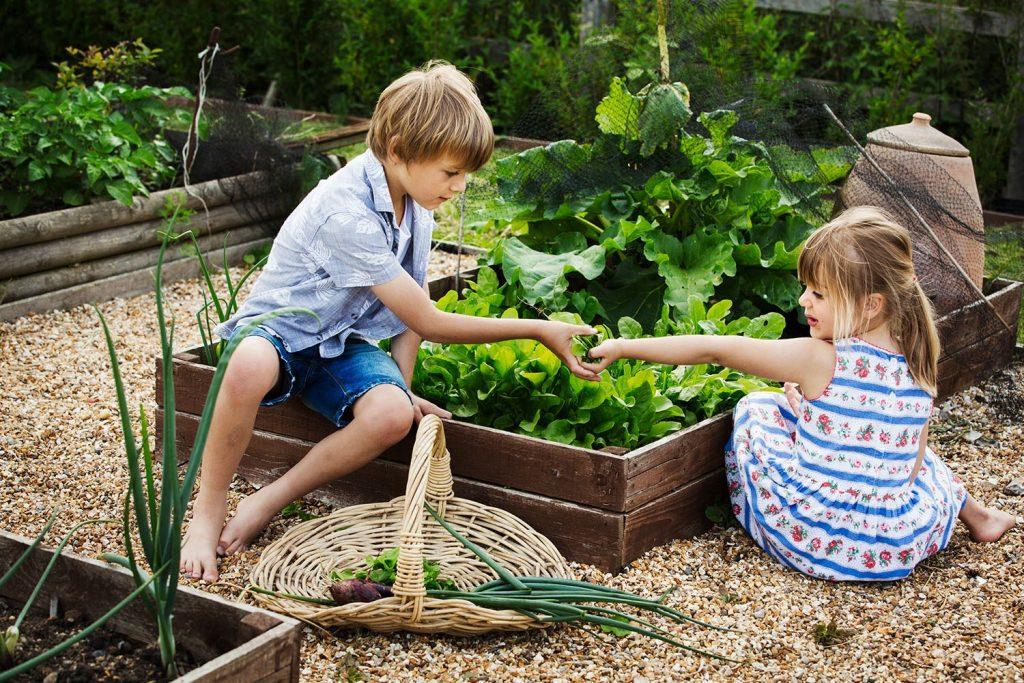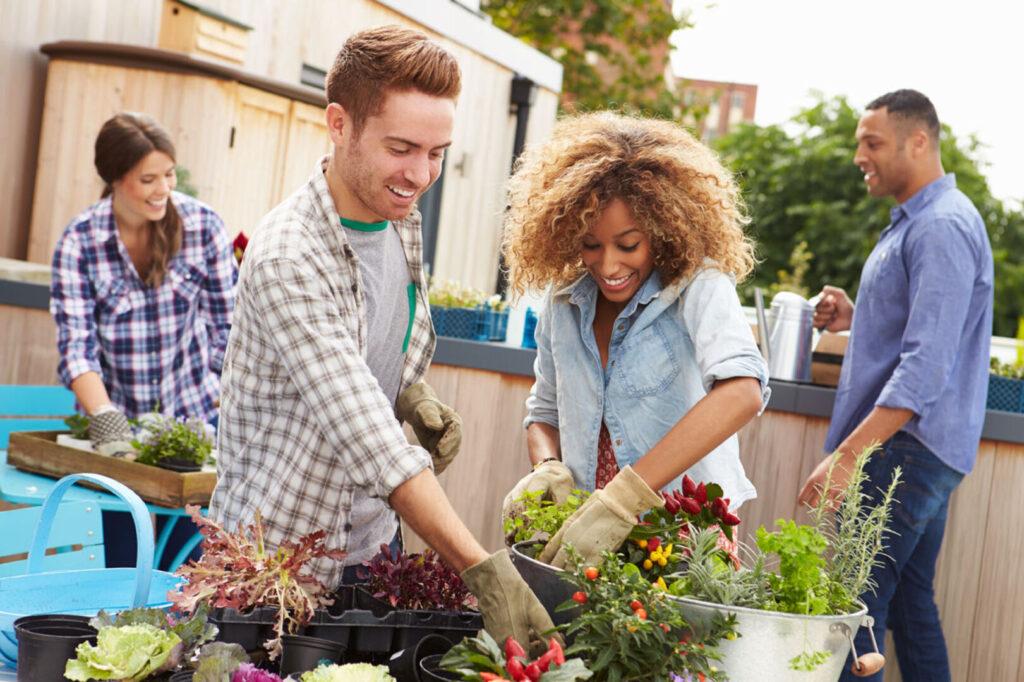FAQ
We love questions so much
we save them here!
We may have the question already answered below,
but if we don’t, please ask away! We are happy to help.







Gardening takes patience and expect plenty of trial and error. It doesn’t have to be magazine worthy, just pleasing to you. Take it one step at a time so you’re not overwhelmed. Magazines and touring other gardens will help give you ideas on what might work in your garden. Scout out your local nursery or garden catalogues for plants that grow in your zone, attend local horticultural plant sales, ask a neighbour or friend what does well in their gardens, go to a Horticultural Society meeting and talk to other gardeners. Discover what plants you like, what you don’t like. What grows well and what doesn’t. Keep a gardening journal. A garden is a work in progress.
Be a good neighbor to struggling pollinators like bees, butterflies and hummingbirds by turning your outdoor space into a pollinator garden with native trees and plants. Ontario native plants are so well adapted to our climate, they’re basically able to care for themselves once established, which is why they grow naturally in the wild. Many are perennials, so you can continue to enjoy them year after year. Stop using pesticides. Provide shallow water areas for pollinators and put a few rocks in the dish so small bees can get a drink without drowning. Pollinators will thank you for the safe haven of habitat and food. Whether it is a milkweed that will help Monarch butterflies, or an Oak that can support over 500 different species, growing a native plant has positive outcomes for local biodiversity. Plant a Native Plant | Carolinian Canada
Organic vegetables are simply vegetables grown without chemicals. It’s easy to do and even your kids can get involved. Think small, especially at first. A raised garden bed warms earlier and is easier to maintain. Find a spot in your yard that gets at least 6 hours of sun. Compost is the main ingredient for developing rich organic soil. Most soils you buy are labeled as “natural” or “organic” and those will be fine for your garden, but some are laced with chemical fertilizers. Do your homework before you buy. Choose vegetable seeds or plants that are labeled “organic” or “heirloom”. Think about what you like to eat and how often you want to eat it. Plants like tomatoes, peppers, and squash will keep producing, while vegetables like carrots and corn will only produce once. Quick growing vegetables such as lettuce and radishes, can be replanted every 2 weeks to enjoy all summer long. Enjoy your bountiful and healthy organic harvest!
Roses (Rosa spp. and cultivars) may be the centerpiece of your garden, but if people “ooh and ahh” over a rose, so do multiple insects and pests of all kinds. Once these pests descend, you may find rose leaves that are black, chewed, malcolored, or distorted. Aphids, mites, and beetles are the most common pests that attack rose bushes. You can hose off mites to remove their eggs and larvae. Japanese beetles can be removed by hand (dropped into a bucket of soapy water). They can do a lot of damage in a short period of time, so quick action is important. A multitude of diseases can also attack your roses, such as downy mildew and black spot fungus. Problems With Roses: Common Diseases For Rose Bushes (gardeningknowhow.com)
Your kids will be more likely to properly care for something that actually belongs to them. The trick is to start small – don’t give your kids (especially young ones) a huge plot to maintain. Try giving them a small mini-garden with two or three modules, plant a different plant in each one. Bring your kids to the nursery to help choose plants and seeds, help them set up their garden. Then step back. It’s a learning experience and doesn’t have to be perfect. Strawberries are a great plant to grow with kids – they look lovely, and they taste even better (plus, they’re super easy to grow.) Because of their sensory nature, flowering, scented and fuzzy leafed plants are excellent options. Give them lots of praise and work in your garden while they work in theirs. Keep them involved right through the season by having them harvest their own produce or even prepare a delicious meal using their homegrown veggies. You’ll be amazed how they’ll eat something they’ve grown themselves. Many Societies also offer youth groups that are fun and educational.
Community Gardens are vital to the attractiveness and livability of a community. Urban agriculture can be beneficial to the environment, and to the health and wellbeing of community members. The introduction of community vegetable gardens may be able to reduce the impact of food shortages in low-income areas and allow residents greater access to nutritious food that is necessary to live a healthy life.
Community gardens can be a beneficial addition to many communities by introducing green space, beautifying parks, bridges & main streets; strengthening community ties, reducing environmental pollution, create biodiverse habitat for wildlife and pollinators, and creating a more sustainable ecosystem. We all benefit from appealing and beautiful communities where we live and work.
Wildflower native plants are plants that have grown wild in our area for generations, prior to European settlement. They have evolved alongside our native insect, bird and animal species who depend on them for food and shelter, and can include wildflowers, mosses, ferns, trees, shrubs, and grasses. Wildflowers, in particular, help pollinators who pollinate nearly 1/3rd of the food produced worldwide. Planting wildflowers in your yard or in pots on your patio or balcony can provide food for a whole host of bumble bees, butterflies, and hummingbirds. Look for tags that say “Native” or “Heirloom”. If a plant attracts pollinators, it may state that on the tag or have a bee symbol.
Contact the Society closest to you. They will be delighted to welcome you and will explain how you can join up. They will give you the date and location of their meetings. Many Societies offer e-transfers for membership fees. You are on your way to meeting and making new friends, some that will become lifelong friends.
